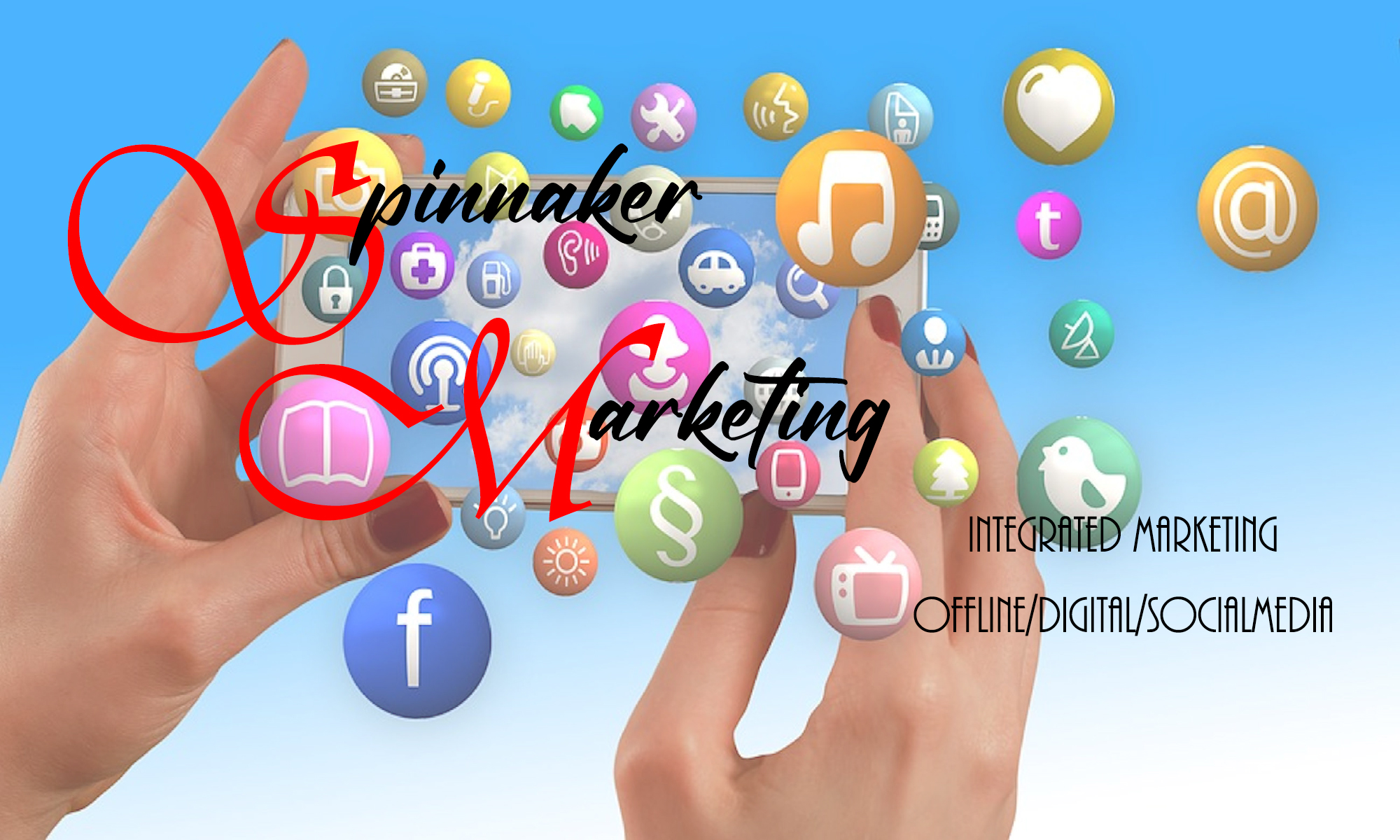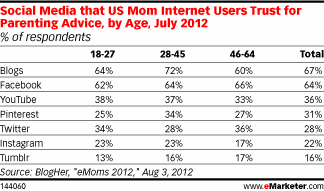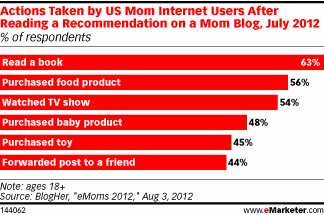Professionalism in the Use of Social Media
The Internet and social media in particular, have created the ability for medical students and physicians to communicate and share information quickly and to reach millions of people easily. Participating in social media, social networking and other similar Internet opportunities can support physicians’ personal expression, enable individual physicians to have a professional presence online, foster collegiality and camaraderie within the profession, provide opportunity to widely disseminate public health messages and other health communication. Social media, blogs, and other forms of communication online also create new challenges to the patient-physician relationship. Physicians should weigh a number of considerations when maintaining a presence online:
(a) Physicians should be cognizant of standards of patient privacy and confidentiality that must be maintained in all environments, including online, and must refrain from posting identifiable patient information online.
(b) When using the Internet for social networking, physicians should use privacy settings to safeguard personal information and content to the extent possible, but should realize that privacy settings are not absolute and that once on the Internet, content is likely there permanently. Thus, physicians should routinely monitor their own Internet presence to ensure that the personal and professional information on their own sites and, to the extent possible, content posted about them by others, is accurate and appropriate.
(c) If they interact with patients on the Internet, physicians must maintain appropriate boundaries of the patient-physician relationship in accordance with professional ethical guidelines just, as they would in any other context.
(d) To maintain appropriate professional boundaries physicians should consider separating personal and professional content online.
(e) When physicians see content posted by colleagues that appears unprofessional they have a responsibility to bring that content to the attention of the individual, so that he or she can remove it and/or take other appropriate actions. If the behavior significantly violates professional norms and the individual does not take appropriate action to resolve the situation, the physician should report the matter to appropriate authorities.
(f) Physicians must recognize that actions online and content posted may negatively affect their reputations among patients and colleagues, may have consequences for their medical careers (particularly for physicians-in-training and medical students), and can undermine public trust in the medical profession.


